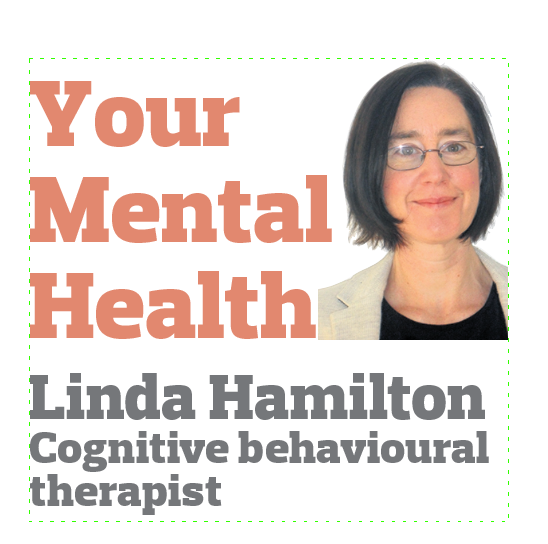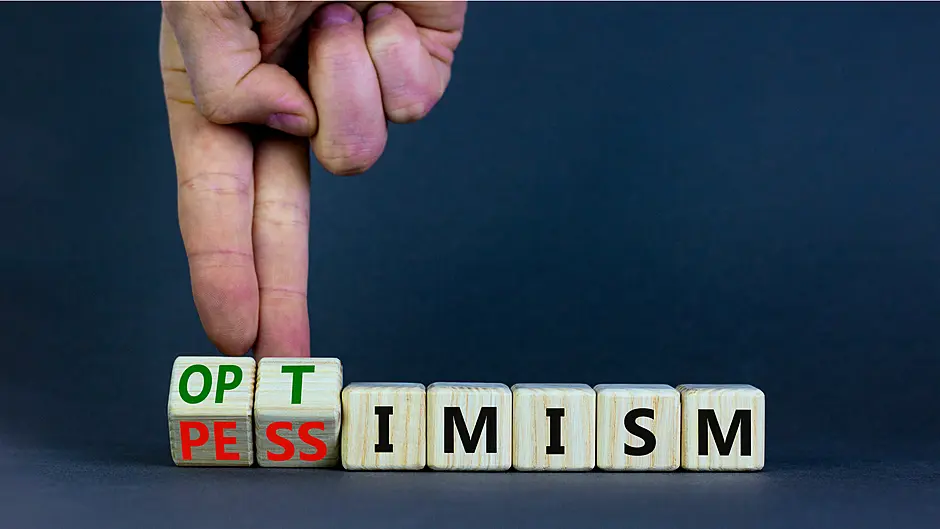
HERE’S a brief book review – have a quick read of it and then assess how intelligent the critic seems to you.
‘In 128 inspired pages, Alvin Harter, with his first work of fiction, shows himself to be an extremely capable young American author. A Longer Dawn is a novella – a prose poem, if you will – of tremendous impact. It deals with elemental things: life, love and death, and does so with such great intensity that it achieves new heights of superior writing on every page.’
Now, have a quick read of another brief book review. Again, your task is the same – to assess how intelligent the critic appears to be.
‘In 128 uninspired pages, Alvin Harter, with his first work of fiction, shows himself to be an extremely incapable young American author. A Longer Dawn is a novella — a prose poem, if you will — of negligible impact. It deals with elemental things: life, love and death, but does so with such little intensity that it achieves new depths of inferior writing on every
page.’
The wording in the reviews is almost identical. The only difference is that the first review is positive and the second one is negative.
However, an experimental study by Harvard academic Prof Teresa Amabile found people don’t see the reviews as equal: simply flipping a few positive words to negative ones boosted the perceived intelligence of the critic. Although participants regarded the negative reviewers as less likeable, they also saw them as more intelligent, and as having greater literary
expertise.
Other experiments detailed in the study found similar results. ‘Negative reviewers were perceived as more intelligent, competent, and expert than positive reviewers, even when the content of the positive review was independently judged as being of higher quality and greater forcefulness,’ the study noted.
Maybe you never read book reviews, but you should nevertheless take note of these findings. Prof Amabile notes there is a tendency to see ‘prophets of doom and gloom’ as ‘wise and insightful, while optimists are perceived as foolhardy and ignorant’. Often, negative statements are ‘seen as intelligent’ while positive statements ‘are seen as having a naive “Pollyanna” quality’.
This same point is made by Morgan Housel in his bestselling book The Psychology of Money. He gives the example of Japan, which was utterly destroyed during World War II and which suffered a famine in 1946 that limited food to less than 800 calories per person per day.
Imagine, says Housel, if someone wrote in 1946 that the future would be incredibly bright for Japan, with life expectancy doubling in a few decades and the country becoming one of the richest in the world? Such a person would have been ‘laughed out of the room and asked to seek a medical evaluation’, but that’s exactly what happened.
‘Optimism is the best bet for most people because the world tends to get better for most people most of the time,’ says Housel. This may seem untrue, given the headlines and images we see today from many troubled parts of the world, but data suggests this is the long-term trend.
Nevertheless, pessimism ‘just sounds smarter and more plausible’. Pessimism is ‘intellectually captivating and it’s paid more attention than optimism, which is often viewed as being oblivious to risk’.
Optimism can sound like a sales pitch, says Housel, while pessimism can sound like someone trying to help you.
Bad news grabs our attention more than good news because our brains are wired for survival.
They see negativity as a potential threat, making us naturally drawn to it as a potentially valuable source of information. There is a downside, however, as it can make the world seem more bleak than it really is.
It’s important, then, not to see optimism as shallow or complacent. As Housel notes, real optimists don’t think everything will be great. They expect setbacks, but see them as temporary and stay hopeful.
The ‘foundation of optimism’, says Housel, is the simple idea that ‘most people wake up in the morning trying to make things a little better and more productive than wake up looking to cause trouble’.
Isn’t that a more comforting – and more accurate – way of looking at the world?









